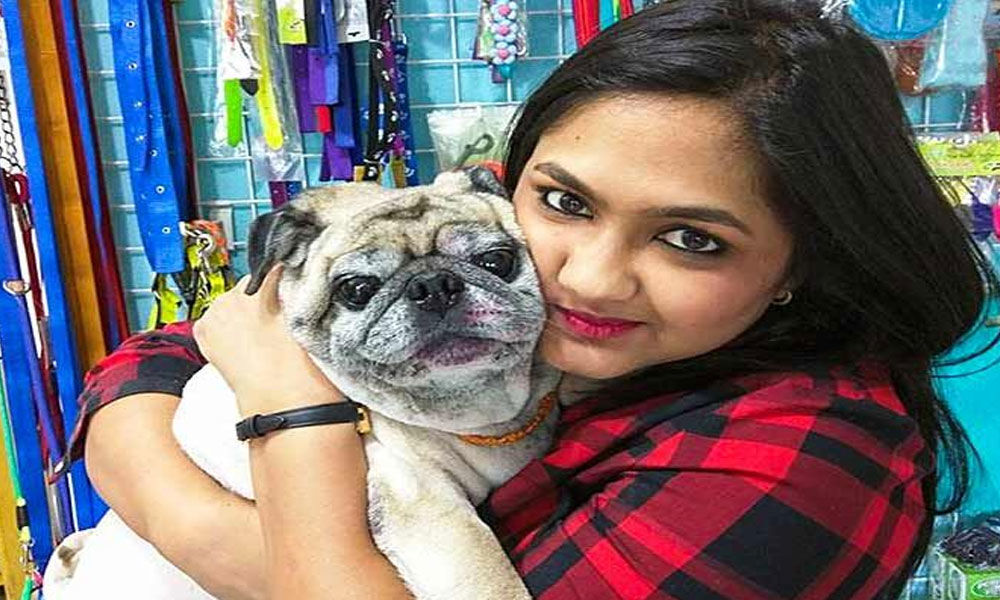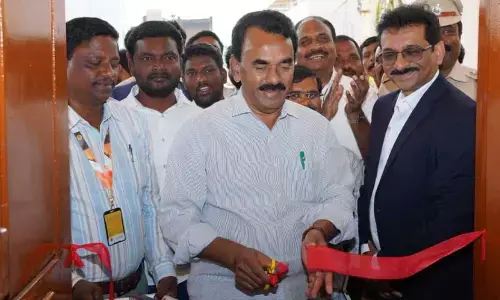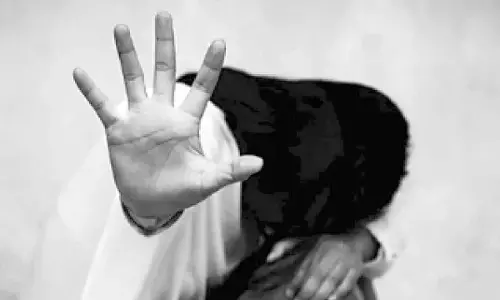Animal whisperer! She talks to animals, read their minds
 Animal whisperer! She talks to animals, read their minds
Animal whisperer! She talks to animals, read their mindsIn this series on unusual careers, we introduce you to people who've quit the 9-to-5 grind to find their passion and pursue interesting careers. Today, meet Mumbai-based animal communicator Akshaya Kawle. She talks to pets and help find lost animals. Akshaya shares some exciting stories and learnings from her professional journey.
I was born in a joint family and lived in a 2 BHK in Dadar (central Mumbai) with 16 people. I would spend my free time with the cats and dogs in the society. I have grown up watching madaaris (street artistes who perform with monkeys)and playing with pets and strays. I was always drawn towards animals and felt I could connect with them.
After completing my BA from St Xavier's College, Mumbai, and earning an MBA, I was placed at Larsen and Toubro in the human resources department. I realised that I wasn't cut out for a 9-to-5 job so I began to train people in image management, corporate communication and soft skills. I always wanted to work as a communicator, with a focus on non-verbal cues and soft skills; I even worked as a spoken English language teacher for some time before I became a corporate trainer.
How I became an animal communicator
In 2014, I got married. Post marriage, I took a sabbatical from work so I could explore something new. That's when I saw this video by (South African inter-species communicator) Anna Breytenbach on YouTube. She was invited to visit a black leopard that had been rescued and was now in a sanctuary.
The caretakers were worried because the animal was aggressive and wasn't responding to them. In the video, which went viral, Anna enters the sanctuary and, within seconds, the black leopard responds to her. Everyone was surprised. I could really relate to that video. I had heard about telepathy and that animals can communicate with humans, but this video made me research the topic.
I remembered a similar black cat with green eyes that refused to communicate with anyone and Anna's video took me back to the time I used to talk to the cat. I used to often ask my mother where the cat was and tell her if it was uncomfortable or missing something. My mother realised I had special skills; she encouraged me to pursue it professionally.
In 2017, I signed up for online courses in animal communication.It required us to practise with pets of people you don't know, so you could have an unbiased learning and understanding. I mostly worked for free at the time to gain experience. I worked with rescue groups and helped find missing pets. The people at the NGO I worked at would often say that I was their lucky charm because I was a natural at it.
In January 2018, I saw an ad for a workshop by (experiential learning and animal communicator) Manjiri Latey in Pune. It was scheduled for March and cost Rs 11,800. In order to pay for the course, I began charging for my services. I started with Rs 500 for a session. Within two months, I made more than enough money to enroll for the workshop. I signed up for it more out of interest. Today, I get as many as 8-10 requests a day from different parts of India. I charge Rs 1,000 for a WhatsApp consultation and Rs 2,000 for an hour long phone consultation.
Career learning
Every human being is born with this quality. After the age of 6-7, when we don't acknowledge or use it, it lies there in the subconscious state. It's like the energy between a mother and a child. A mother can sense if the child is unhappy, uneasy or upset about something.
It's the same with animals. It is difficult for humans to accept that animals know everything about us. The human ego believes that we are an evolved species. That is not true.
Animals are very evolved and have a higher sense of perception and understanding. For humans, death brings sadness. We cry when we lose someone close to us.
Animals, especially dogs, have accepted that life and death are part of a bigger cycle. When they die, they know they are leaving this body and will enter a new form. They may feel sad but don't experience pain about death like we do. They understand that the body is a source of energy. In science, we learn that energy cannot be created or destroyed. Animals realise that their energy will manifest and take another form in the journey forward.
Challenges of the profession
It is the human element that is more challenging. When I share my feedback with people, they look at me as if I created it. They say things like, 'Aisa billi ne bola? Aise kaise (Did my cat say so? How is that possible)?' Their instant reaction is to deny. As a communicator, it is not my job to convince them. Whether they accept what I say, and change or reflect on it, is up to them.
As told to Divya Nair/ Rediff.com










